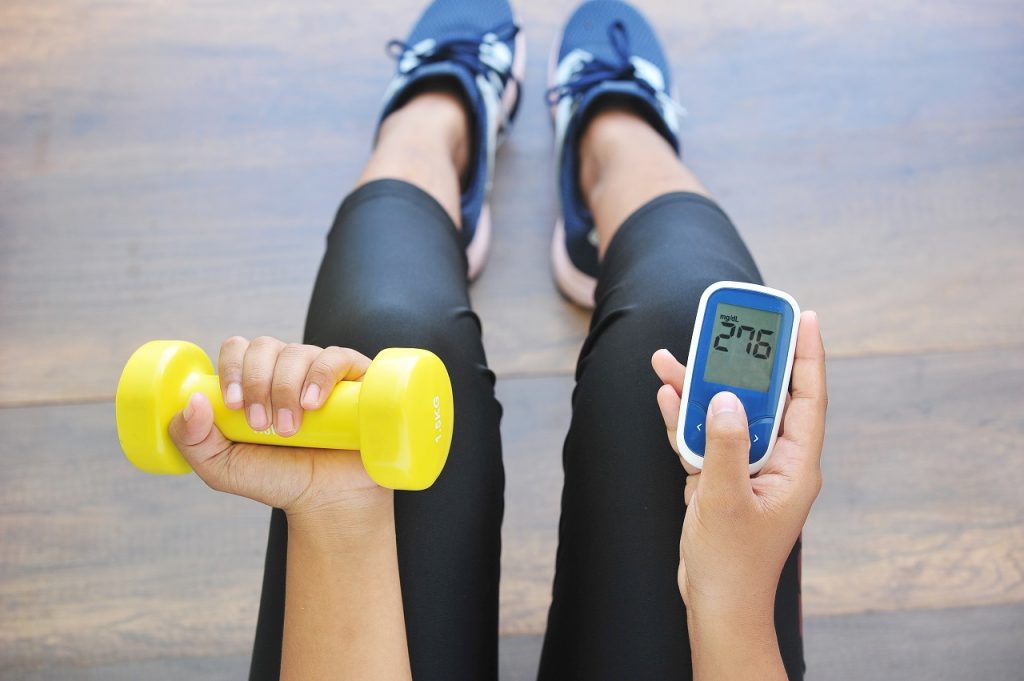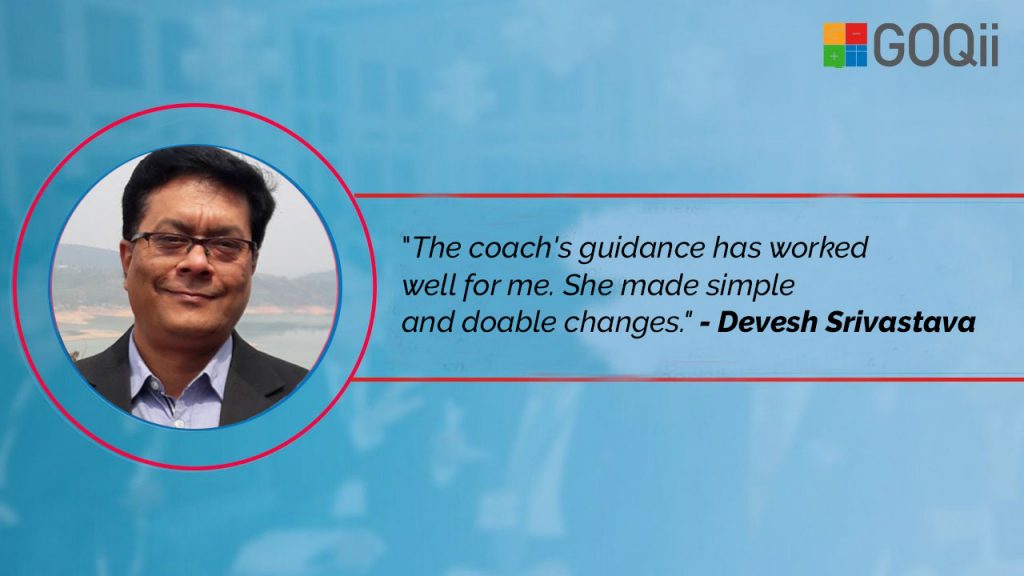 Locally, Okra is known as Bhindi (Hindi) or Lady’s Finger. I am sure, besides all the delicious recipes, you might have also heard that Okra can control blood sugar naturally. So, is it scientifically true? Let us explore!
Locally, Okra is known as Bhindi (Hindi) or Lady’s Finger. I am sure, besides all the delicious recipes, you might have also heard that Okra can control blood sugar naturally. So, is it scientifically true? Let us explore!
How Does Okra Control Blood Sugar?
To avoid the suspense, let us just say that the magic is in the seeds of Okra. In Turkey, roasted Okra seeds have been used as a traditional medicine. It’s these seeds that have shown results in lowering blood sugar levels in studies done. Also, it is shown to prevent diabetes associated complications as it lowers HbA1c levels.
Okra, or rather the seeds of Okra are alpha- glucosidase in nature and the gum contains insoluble fiber. They inhibit the carbohydrate metabolizing enzyme and hence, prevent the release of sugar in the blood stream.
What’s The Best Way To Consume Okra Seeds?
You need to split the Okra in two and soak it in water overnight. Next morning, squeeze the gum (the mucilage in water) and seeds into water. Drink this water on an empty stomach early morning every day. You need to consume it this way because the researches done support intake in this form. It isn’t clear if the cooked form holds similar blood sugar control benefit.
One precaution you need to take here is that if you’re just going to have these Okra Seeds water without dietary control and lifestyle medications, it alone isn’t going to work miraculously in controlling blood sugar levels. It has to be coupled up with a complex carbohydrate rich diet with good fiber intake from salads and control on simple refined carbohydrate meals. And surely exercise as well!
Besides health benefits in lowering blood sugar, Okra is also rich in A and B Complex Vitamins, and helps in lowering lipid levels too.
We hope this article helps you! For more on managing Diabetes, check out Healthy Reads.
For further guidance and motivation by certified experts, join the GOQii Diabetes Care program. It’s India’s only diabetes program that is driven by Smart Science and Personal Coaching to improve Fasting Blood Sugar (FBS), Postprandial Blood Sugar (PP), reduce HbA1c levels and let you win gold! You can subscribe here: https://store.goqii.com/diabetescare.
Let’s #DefeatDiabetes and #BeTheForce
 The prevalence of diabetes is alarmingly spreading worldwide. Data from WHO shows that its global prevalence was about 8% in 2011 and is estimated to rise to 10% by 2030. Some of my patients are of the impression that they cannot lead a normal life once they’ve been diagnosed with Diabetes. I always tell them to treat diabetes normally. The main focus should be on food followed by activity and then medication. If instructions are followed well, your diabetes will be under control. However, my experience has been that when it comes to food, most have many misconceptions which are very important to clear. I would like to share few of these common myths about Diabetes with you as well.
The prevalence of diabetes is alarmingly spreading worldwide. Data from WHO shows that its global prevalence was about 8% in 2011 and is estimated to rise to 10% by 2030. Some of my patients are of the impression that they cannot lead a normal life once they’ve been diagnosed with Diabetes. I always tell them to treat diabetes normally. The main focus should be on food followed by activity and then medication. If instructions are followed well, your diabetes will be under control. However, my experience has been that when it comes to food, most have many misconceptions which are very important to clear. I would like to share few of these common myths about Diabetes with you as well. The facts and myths about diabetes are plenty, especially on the kind of foods one should have or not have, whether one should exercise to
The facts and myths about diabetes are plenty, especially on the kind of foods one should have or not have, whether one should exercise to 



